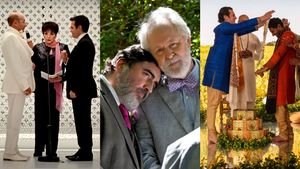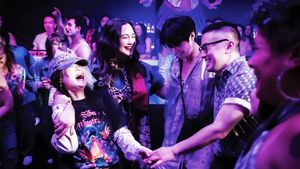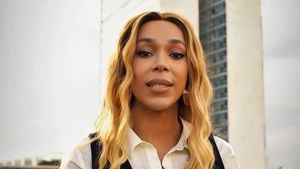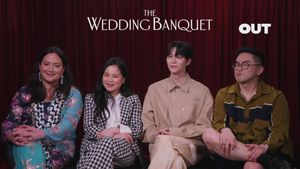Voices
Queer aging is the next frontier in LGBTQ+ human rights

Shutterstock Creative
Supporting our aging LGBTQ+ community members is vital in the ongoing fight for equal rights, writes SAGE's Michael Adams and Hannah Yore.
August 29 2024 1:30 PM EST
August 29 2024 3:14 PM EST

















































































